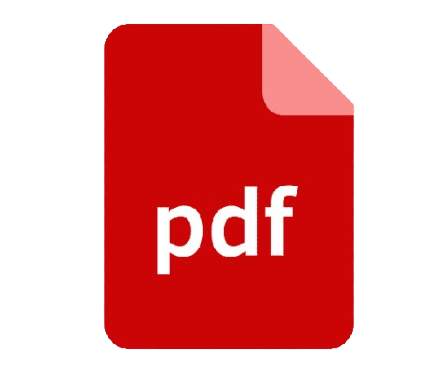Emergency Services
 Call the Police
Call the Police

Migration
Under the current regulations, visas are issued based on an invitation from the Kazakhstani side. However, such an invitation is not required for citizens of 48 countries to obtain a single-entry visa valid for up to 30 days for the following categories: A3 (official), B1, B2 (business), B10 (private), B12 (tourist). This means you can apply for a visa at a Kazakh consulate in your country of residence without an invitation letter from the Kazakhstani side. 48 economically developed and politically stable countries: Australia, Austria, Belgium, Brazil, Vatican, United Kingdom, Hungary, Germany, Greece, Denmark, Ireland, Iceland, Spain, Italy, Canada, Qatar, Cyprus, Latvia, Lithuania, Liechtenstein, Luxembourg, Malta, Monaco, Netherlands, New Zealand, Norway, UAE, Poland, Portugal, Saudi Arabia, Singapore, Slovakia, Slovenia, USA, Thailand, Finland, France, Croatia, Czech Republic, Switzerland, Sweden, South Korea, Japan.
A temporary residence permit is issued to citizens of CIS countries. The TRP is issued for up to 1 year for the following purposes: employment (based on an employment contract or civil law contract for EAEU countries), work invitations, or work patents; entrepreneurial activity as a business immigrant; family reunification; study; medical treatment; missionary activities. The TRP is issued by the host party (individual or legal entity) at the Public Service Center (PSC) upon submitting a notification of the foreigner's arrival (see Section 4). An IIN* is not required for children under 16 years old for TRP purposes. Accompanying persons are issued a TRP for the same duration as the main permit. Important: While in Kazakhstan, the TRP remains valid until its expiration date. Upon re-entry into the country, the foreigner must reapply for the TRP or update the IIN based on their passport. Citizens of Georgia, Moldova, and Ukraine are exempt from obtaining a TRP. Foreigners must have an IIN, consular registration, and other necessary documents for bank transactions, taxes, medical services, or other payments.
 Migration Information
Migration Information

What to do in case of...
1.Immediately report the incident to the police by calling 102 and document the occurrence. Provide all details: location, time, and a description of the perpetrator.
2.If your documents (e.g., passport) are stolen, contact the consulate of your country to obtain a temporary document.
3.Block all your bank cards and SIM card to prevent financial losses and further fraud attempts.
4.Try to gather evidence: if the crime was caught on surveillance cameras, request the footage that could aid in the investigation.
5.If you lose valuable items (e.g., phone or wallet), report it to the police and the hotel (if you are staying in one) so they can assist in the search.
1.Immediately contact the police by calling 102. Provide all details of the incident and try to remain calm.
2.If you have physical injuries, seek medical assistance as soon as possible by calling an ambulance at 103.
3.Gather evidence (e.g., photos of injuries or other proof) that may assist in the investigation.
4.Reach out to local victim support services, which can provide you with counseling and assistance, including hotlines and specialized organizations.
1.Report the loss of your passport or other documents to the police by calling 102 to document the incident.
2.Contact your country's consulate to obtain a temporary passport or other necessary documents.
3.Block all your bank cards and SIM card if they were stolen or lost.
4.If valuable items (e.g., phone or wallet) were stolen, report it to the police and ask for their assistance in finding them.
5.Make a list of all lost items and provide the information to the consulate and police.
1.Immediately report the fraud to the police by calling 102, providing all possible evidence.
2.If the fraud involves your bank cards or transactions, block your cards immediately and contact your bank to initiate an investigation.
3.If scammers used an online platform to deceive you, report the incident to the site administration and follow their instructions for recovering your funds.
4.Save all evidence (correspondence, screenshots, receipts) that can help law enforcement investigate the case.
5.If you were a victim of fraud at a currency exchange office, contact them and file a complaint with the appropriate authorities.


















